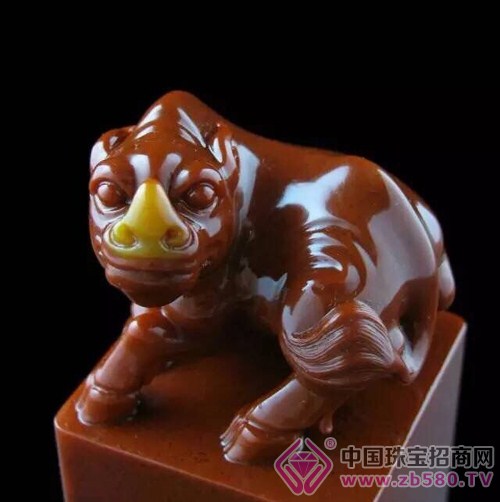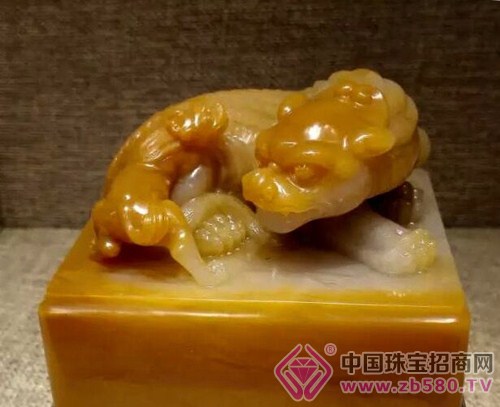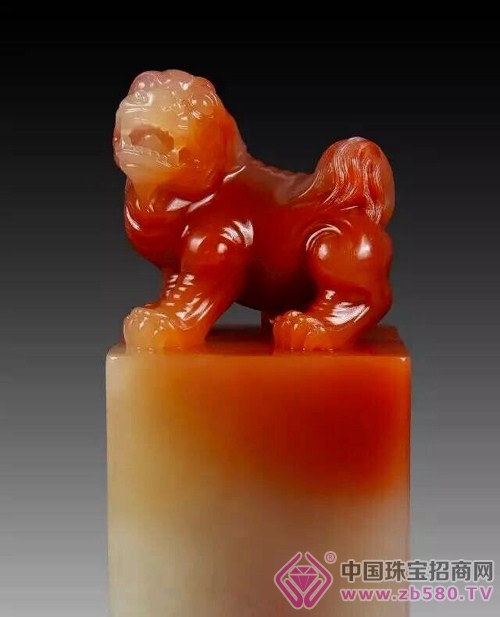In the government work report of the Fourth Session of the 12th National People's Congress, when talking about the focus of work in 2016, the Prime Minister said: "We must encourage enterprises to carry out personalized customization, flexible production, and cultivate the spirit of craftsmanship of excellence." For the first time in the government work report, the term "artisan spirit" was mentioned.

Work is a kind of practice, and there is no inevitability in the world!
As of 2012, there are 3,146 companies with a life expectancy of more than 200 years, the largest in the world, 837 in Germany, 222 in the Netherlands and 196 in France. Why are these long-lived companies coming together in these countries, is it an accident? What is the secret of their longevity? We have studied that they are inheriting a spirit - craftsmanship!
Many people think that craftsmen are a kind of mechanically repeating workers. In fact, craftsmen have far-reaching meaning. He represents the temperament of an era, firm, practical, and refined. Craftsmen may not always be entrepreneurs. But most successful entrepreneurs have this kind of craftsmanship.
The “artisan spirit†can be seen from the example of Swiss watchmakers. Swiss watchmakers carefully polish every part, every process, every watch, and concentrate on carving. The attitude of their products is the art of mind and philosophy. In the eyes of the craftsmen, there is nothing else about the excellence of quality, the meticulousness of manufacturing, and the pursuit of perfection. It is with this kind of dedicated craftsman spirit that Swiss watches have become famous in the world, selling the world and becoming a classic.
The craftsmanship is not a Swiss patent. Japanese-style management has a trick: to use a refined attitude to pass on a spirit of loving work from generation to generation. This spirit is actually the "artisan spirit."
The core of the so-called "artisan spirit" is not only to regard work as a tool for making money, but to establish a spirit of excellence, craftsmanship in the persistence of work, the things done and the products produced. Among the many Japanese companies, the “artisan spirit†has formed a common cultural and ideological value between business leaders and employees, and has thus fostered the endogenous motivation of the company.
In the Oscar Japanese film "Into the Master". A cellist was laid off and unemployed to the funeral parlour as a funeralist. Through his fascinating makeup skills, a body was dressed up like a living asleep. He has also been well received by people. The success of this funeral teacher is: When you do something, you have to build a hard-to-cut complex with it, don't reject it, think of it as alive, have Aura's life, you must communicate with it with your heart.

Craftsmanship - using methods to create value
“Artisan†is a skilled person. In Europe, the apprenticeship tradition in Germany has cultivated the best craftsmen. The top watches of Switzerland are made of one part and one part of the craftsman. The spirit of craftsmanship is the pursuit of the ultimate spirit, professionalism and dedication.
In this era of "businessmanship". Both individuals and businesses face enormous survival challenges. For example, some enterprises that are mainly based on cottage products can survive when the external environment is good. Once the external environment becomes bad, the company can easily close down immediately.
The core factor of the enterprise is people, and the way to get rid of this dilemma is to cultivate the "artisan spirit" of the enterprise. Craftsmen continue to sculpt their own products and constantly improve their crafts. They are enjoying the process of sublimation of products in their hands. Other companies are keen on "circling money - killing a certain product - producing new products - encircling money." The enterprise that creates the "artisan spirit" is satisfying its own spiritual needs on the other hand, and sees that its products are constantly improving and constantly improving, and finally exist in a form that meets its strict requirements.
The work of the craftsman gets money, but the craftsman does not work for money. The work done by one person is the expression of the ecologicality of others. The career of a lifetime is the expression of his ambition and the ideal.
The spirit of craftsmanship is not an exotic product. In Zhuangzi, there is a story about "King Ding Jie Niu".
The chef gave Liang Hui Wang Zai Niu. The place where his hand touched, the place where the shoulder rested, the place where the foot was stepped, the place where the knee was topped, the creaking, the excuse when entering the knife, there was no dissonance.
Liang Huiwang asked: "How can you solve the technology of cattle to such a degree?"
The chef replied that he relied on the spirit and the contact of the cow instead of looking at it, according to the original construction of the cow. Use a very thin blade to insert a joint with a gap. For nineteen years, his blade was as sharp as he had just worn out from the sharpening stone.
The chef also said: whenever he encountered a place where the bones and bones were difficult to cut, he carefully increased his attention, his vision was concentrated to a point, the movement slowed down, the knife was very light, and he screamed, the bones and flesh of the cow. It was solved at once.
The story of Kenting's solution to the cow tells people the truth. If you want to do anything, you will be able to reach the peak and become superb. Take a look at the Swiss watch, bring a technology to the extreme, and top quality creates the top brands.
Craftsman's Trip - Understanding the joy of practice in action
Craftsmanship is not a slogan. It exists in everyone, in the heart. For a long time, it is precisely because of the lack of persistence, pursuit and accumulation of quality products that our personal growth path is rugged and rough, and the path of organizational development is full of punishment. This lack of makes the enduring innovation extremely difficult, and makes the basic industry evergreen. Therefore, in the post-growth era when resources are increasingly scarce, it is imperative to re-examine the spirit of artisans and rebuild the spirit of artisans. road.


Jiang Qiang, born in 1985, is a Fujian-based person. When she was young, she was enlightened by the artist, Ms. Lin Chunying, who led the introduction of Shoushan stone carvings. She went to the famous Taiwanese stylist Liu Beishan to study further. She also taught Chen Kaixia carefully, in the round carvings, ancient animal prints, hand pieces, flowers, The literary play and other aspects are quite profound.
Chainsaw Boot,Best Chainsaw Boots,Chainsaw Safety Boots,Chainsaw Protective Boots
zhejiang leima shoes ind.co.,ltd , https://www.safetyshoeschina.com